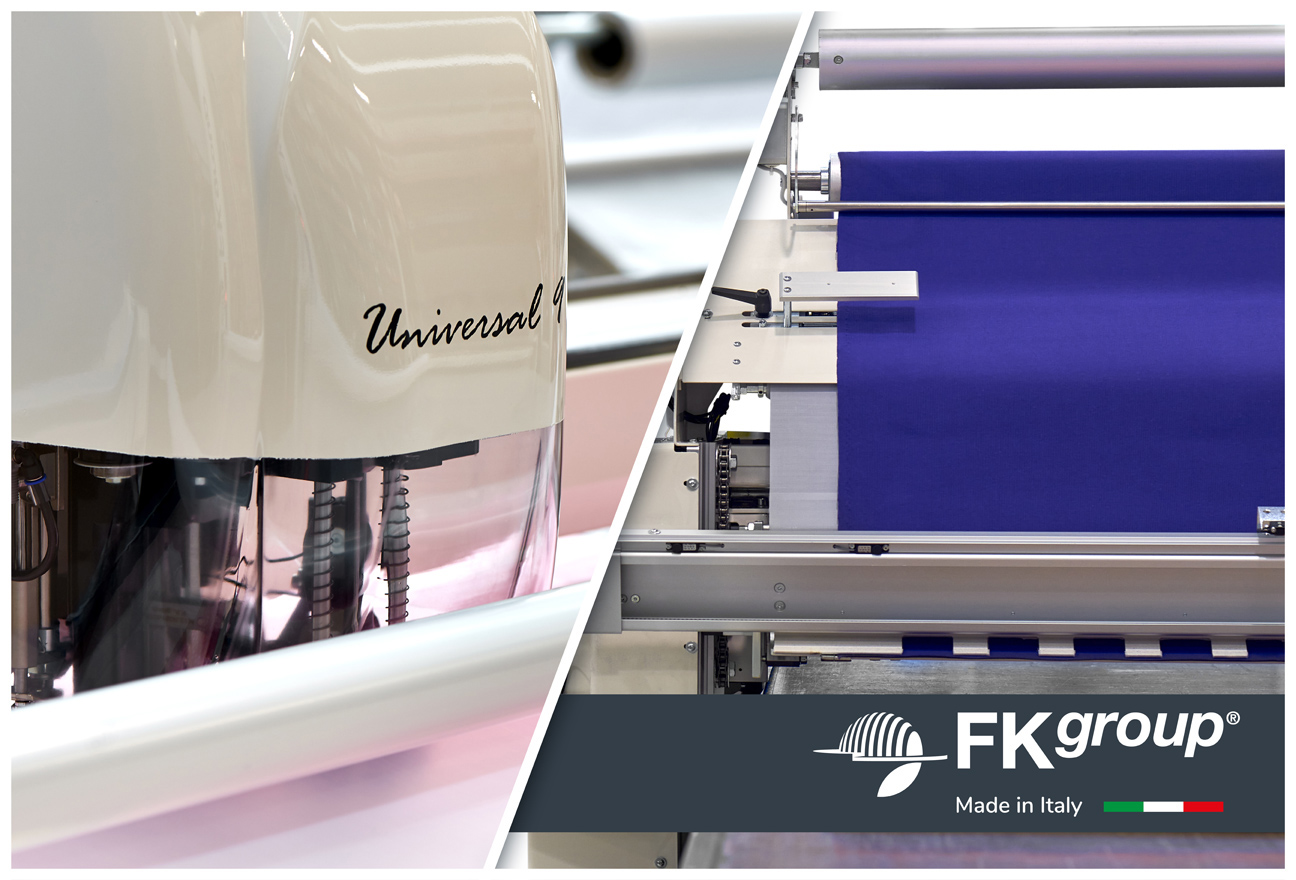When Delwar Hossain joined Ha-Meem Group in 1992, the garment manufacturer operated just three production lines and employed 1,000 people. Three decades later, Ha-Meem Group now operates 26 production facilities, produces 9.5 million garments monthly and ranks as one of Bangladesh’s top clothing companies.
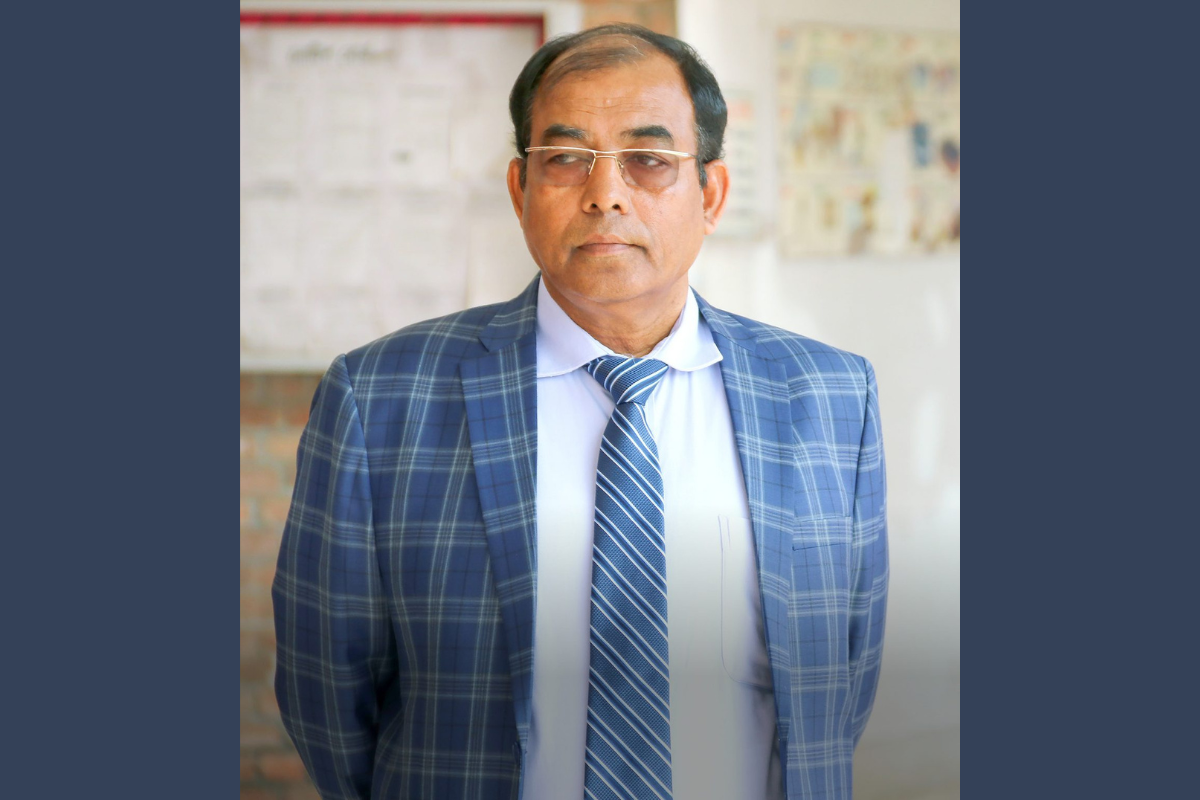
With a yearly turnover of US$880 million, Ha-Meem Group exports 90 percent of its wares to the United States, Canada and Europe and manufactures clothing for the world’s best-known apparel retailers.
“Ha-Meem is the largest exporter to the United States market of all Bangladeshi apparel manufacturers,” Hossain, Group Deputy Managing Director of Ha-Meem Group, tells The CEO Magazine.
“Ha-Meem Group is very big already, but we still have plans to grow, even if those plans must be adapted due to current global challenges,” he says. These plans include opening another 100 production lines and two spinning mills, as well as increasing organic fabric production and implementing technology for more water recycling.
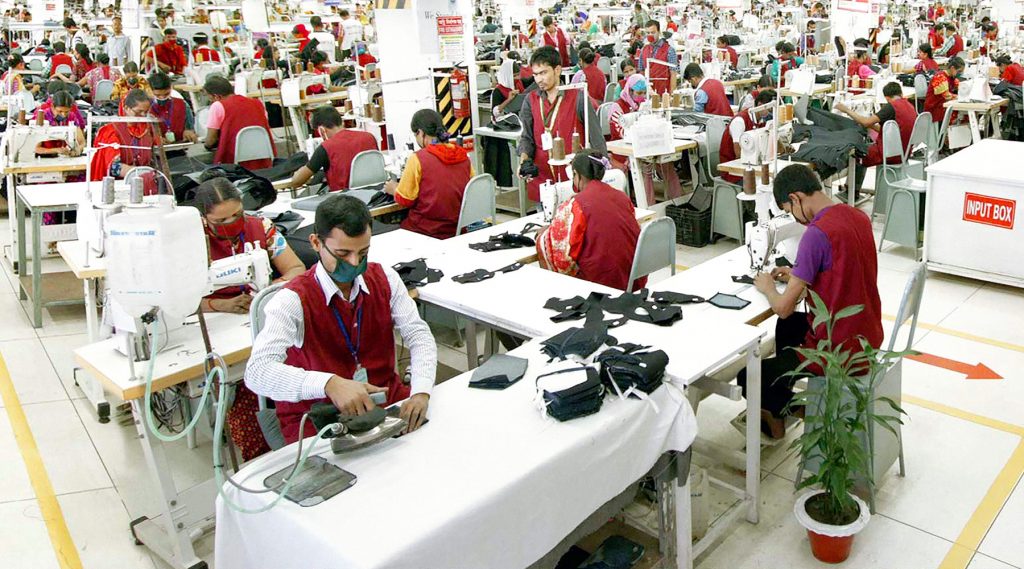
We undertake continuous fire drills, which ensure our workers know what to do in the case of a fire and this gives them the confidence to feel safe in the workplace.
Garment production has underpinned Bangladesh’s economy over the past 50 years as the nation – which won independence in 1971 – has moved from poverty to the cusp of middle-income status. The industry has proven so important that ready-to-wear garments now account for 84 percent of all exports.
The industry also employs approximately four million people and has been putting an emphasis on improving transparency in supply chains and production conditions over the past decade after some factory tragedies, according to the consultancy firm McKinsey.
While the company’s troubled – and at times tragic – history of safety issues is well documented, Hossain is keen to point out that his team has taken steps to ensure that these have been rectified.
“Factories have been fitted with the latest anti-fire equipment, such as sprinkle systems, water hosepipes, fire extinguishers, high-powered auto-water pumps and pressure systems,” he explains. “We also have our own fire truck and trained firefighting teams to extinguish any fires in the fastest possible manner inside the complex.
“We undertake continuous fire drills, which ensures our workers know what to do in the case of a fire and this gives them the confidence to feel safe in the workplace. Firefighting systems are approved by the Alliance for Bangladesh Worker Safety, the Accord on Fire and Building Safety in Bangladesh, and Nirapon, and all of our factories are rated green for safety.”
Thinking ahead
Founded in 1984, Ha-Meem Group has emerged as a leading clothing manufacturer in Bangladesh and beyond, shipping directly to premier retailers and producing a constellation of clothing designs in a range of sizes for some of the biggest brands in fashion. It has developed a specialty in manufacturing denim designs, using laser, e-flow and ozone in the production process to create the latest trends from denim fabric made in its own mill.
The company has also embraced innovation – it employs designers, who carry out co-creation tasks for buyers – and has started producing more of its fabrics within Bangladesh rather than relying on imports, which have become less steady and predictable due to strained supply chains.
“The lead time is a problem in Bangladesh, and bringing fabric from China or India or from other places creates more lead time. There are also more expenses when you bring some goods from these other countries. I think the better option is to source it domestically,” Hossain explains.
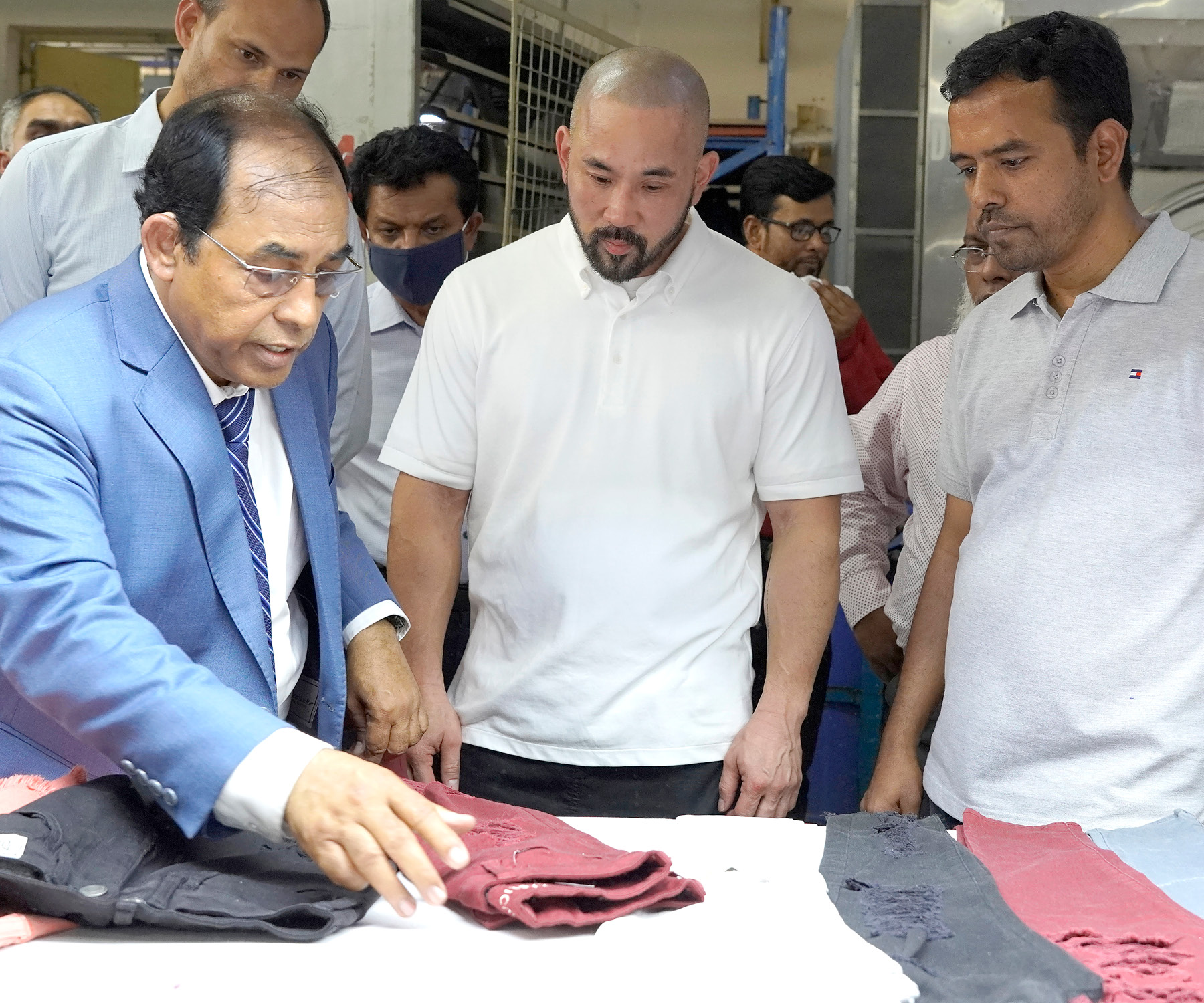
Ha-Meem Group began thinking about this and working on solutions at least 20 years back.
“Ha-Meem Group began thinking about this and working on solutions at least 20 years back. That’s how we have set up our spinning mill, denim fabric mill, woven fabric mill, organic fabric mill, and all those things right there.”
Forging partnerships has proved invaluable for this, especially amid global turmoil. Many of the relationships with customers and suppliers have lasted for longer than 15 years – and more than 25 years in some cases, according to Hossain.
Ha-Meem Group invests heavily in nurturing those relationships by having executives regularly visit key customers in the United States and Europe. “They also come to visit us, periodically,” Hossain adds.
Committed to sustainability
Innovation has distinguished Ha-Meem Group from its peers in the competitive garment industry, along with a commitment to sustainability. “We are doing it properly with the highest care to improve our process around the reduction of water and energy use, and have begun using biodegradable chemicals,” Hossain says of the company’s commitment to sustainability.
“Ha-Meem Group wants to bring growth by creating a sustainable supply chain with a core focus to develop and integrate our human resources. That’s how we want to sell to our customers.”
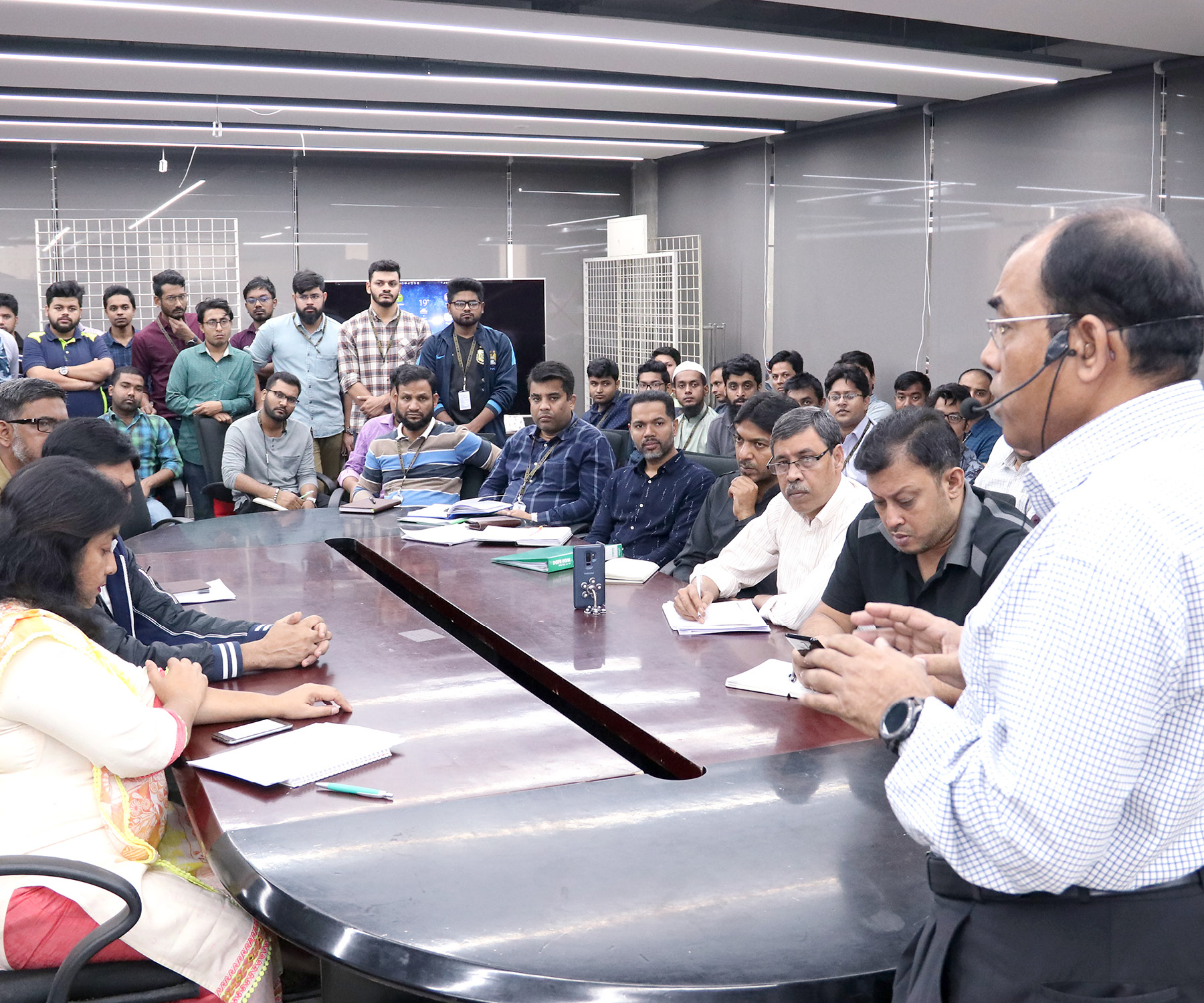
Ha-Meem Group wants to bring growth by creating a sustainable supply chain with a core focus to develop and integrate our human resources. That’s how we want to sell to our customers.
International third-party audits are regularly carried out on Ha-Meem Group’s records. It also participates in the HIGG Index from the Sustainable Apparel Coalition, which provides measurement tools for value chain sustainability. “They give some of the position how we are running and how we are improving on all those areas,” Hossain says.
Ha-Meem Group is also a leader in automation, which can increase quality and competitiveness and reduce manpower, according to Hossain. “We are competitive,” he remarks. “Otherwise, how would we get business?”
Hands-on leader
Ha-Meem Group has come a long way since Hossain started with the company 31 years ago. He brought a military background as a Lieutenant Colonel in the Bangladesh Armed forces but proved a quick study in the garment industry.
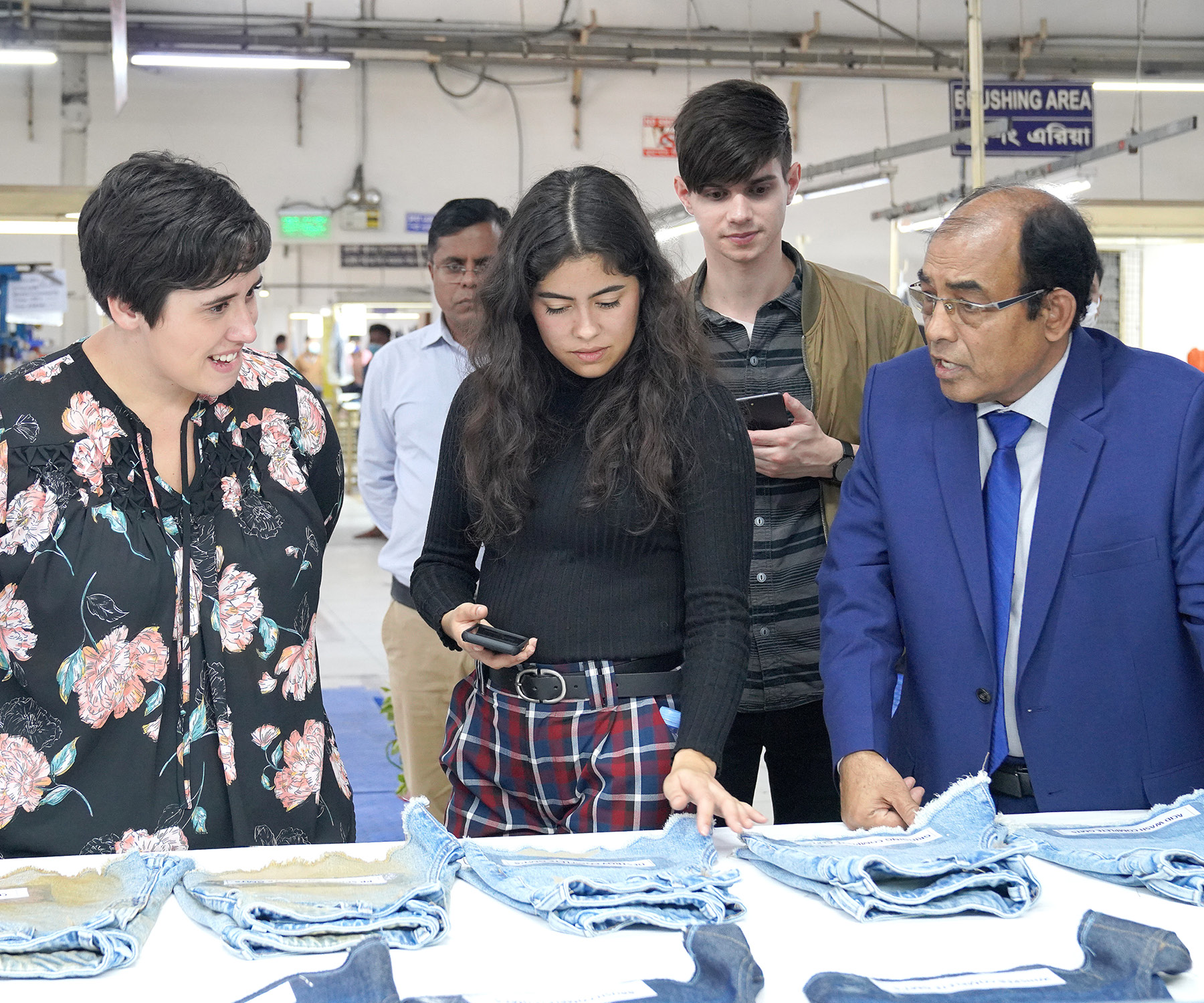
I engaged in a very long learning phase to bring me where I am today.
Hossain took a hands-on approach in learning all he could on the factory floor and other parts of the business, saying it set him up to succeed as an executive. “I really did not sit much in the office. It was quite interesting for me to stand beside an operator and see the different processes, how it all worked,” Hossain says.
“I started learning all the technical jobs, learning how to work the machines, learning cutting, making patterns, making samples. I engaged in a very long learning phase to bring me where I am today. That’s how leading the company has become a little easier for me.”

